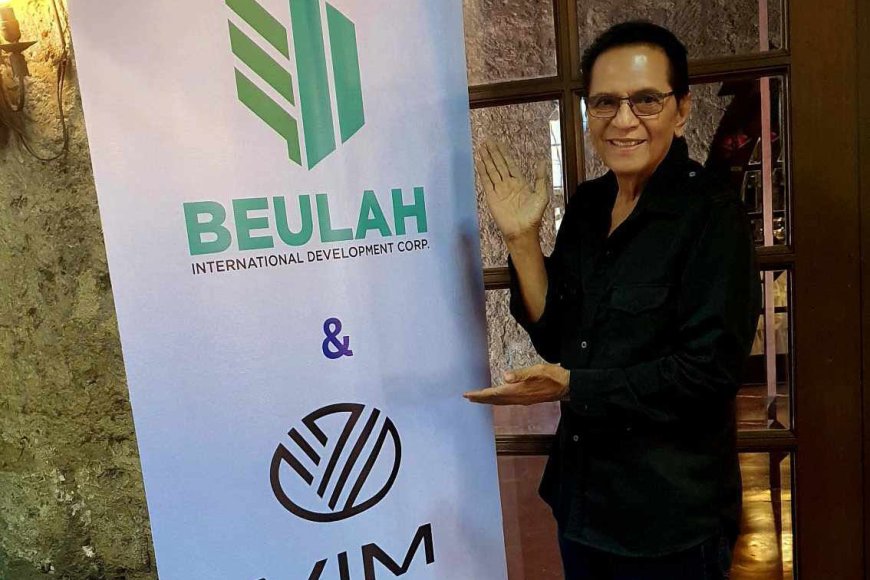Estonian PM calls for strong sanctions and ‘strategic patience’ in dealing with Moscow
Kaja Kallas urges dialogue with Putin, but no negotiation.

Take it from Kaja Kallas: Western allies need “strategic patience” if they want to beat Vladimir Putin.
The Estonian prime minister’s mantra, born out of four generations of family resistance against Moscow power grabs: Keep Putin at the table, without giving anything away.
“I can see clearly what Putin does,” Kallas told POLITICO in an interview Tuesday, warning against giveaways to the Kremlin as pressure mounts to defuse a military buildup of more than 100,000 Russian troops at the Russia-Ukraine border.
Kallas’ great-grandfather campaigned to create the first Estonian Republic in 1918 and was its first secret police chief. Her mother, grandmother and great-grandmother were sent to Siberia as Soviet prisoners, and her father, Siim Kallas, served as one of newly independent Estonia’s first prime ministers from 2002 to 2003. Now, Kaja Kallas is leading a new generation of resistance against Moscow.
“They use this old Soviet type of negotiation tactics,” said Kallas, who became Estonia’s first female prime minister last year. “First, demand the maximum, demand something that has never belonged to you. Then second, present ultimatums. And third: [They] do not give one inch in the negotiations, because there will always be people in the West who will negotiate and give you something that you didn’t have before.”
“They have asked that NATO goes back to its 1997 borders. Well, this is outrageous. It means that half of the members in NATO shouldn’t be in NATO,” Kallas said.
Once written off in Brussels as “Russophobes,” Western allies now take Baltic governments such as the one Kallas leads with a new level of seriousness. As Moscow has expanded its territorial ambitions, “we are being listened to, which is great,” Kallas said.
Her newest warning is on Moscow’s ambitions in Belarus: “I think their goal is to expand physically,” she said.
Estonia comes to the debate around handling President Putin as perhaps the greatest success story of the countries that escaped rule from Moscow: four times as rich as Ukraine on a per capita basis — after starting in similar positions at the fall of the Soviet Union in 1991 — and now secure as a member of the European Union and NATO. Today, “we like to compare ourselves to Finland and Sweden,” rather than Ukraine and others on Russia’s border, she said.
‘There’s a difference between dialogue and negotiation’
Kallas sees “danger” in Western leaders seeming to trip over themselves to speak with — and even visit — Putin these days.
“We have to be careful of the messages, you know, different leaders give out when they talk to Putin,” Kallas said. For now, “the unity of NATO has been kept, and it has been a negative surprise to Russia,” she said.
Some leaders, notably Hungarian Prime Minister Viktor Orbán, who visited Moscow on Tuesday, represent countries with historically unfriendly relations with Ukraine, while in democracies every leader “wants to be the hero that prevented a war.”
“There’s a difference between dialogue and negotiation,” Kallas said. “And, you know, having this dialogue means that Russia doesn’t leave the table, which is already a good thing, because if they leave the table, they could also escalate the situation even further.”
But that doesn’t mean inviting Putin over for lunch with the EU’s 27 heads of state and government. “I don’t mind having a dialogue,” she said. “What I was really against in the spring was having a high-level summit, because as we agreed, as [the] European Union, that unless Russia gives back Crimea, we will not hold high-level summits with Russia.”
“The goal of Russia is to get the agreements, whereas they have no intention of keeping the agreement, if you look at the agreements that they have made,” Kallas said.
Kallas said that though she is “very cautious” about Russian demands around military exercises, greater transparency from the West is one concession to Moscow that Estonia could live with.
In the meantime, she urges the development of a water-tight sanctions package.
For Kallas the key to sanctions success is two-fold: eliminating loopholes, which she said were a major problem across five rounds of Belarus sanctions packages, and having “strategic patience” around the likelihood that even well-targeted sanctions bring costs to both sides and may take years to bear fruit. “No country in the world wants to be isolated,” she said.
Berlin keeps Tallinn on hold
Kallas confirmed that Estonia had asked Germany for clearance to transfer to Ukraine some artillery, old Howitzers, over which Germany retains authority. “We haven’t received any official reply,” from Berlin, Kallas said.
Senior Ukrainian officials have complained bitterly about the new German government’s unwillingness to provide more help with weapons, but German officials have held firm, saying it is a longstanding policy not to send arms into a crisis, and they support Ukraine in humanitarian terms instead.
Estonia wants an all-of-government approach to supporting Ukraine: “It’s very important for us to support Ukraine in all the possible ways that we can. We have decided that we do it politically, we do it in communication, but we also do it with arms.”
The support also extends to vocally backing Ukraine joining the EU — eventually.
Kallas has been involved in Ukraine’s slow road to EU membership for a decade, including previously serving as vice-chair of the European Parliament’s EU–Ukraine Cooperation Committee.
She says Estonia continues to support Ukrainian EU membership, but was unwilling to offer President Volodymyr Zelenskyy any substantial shortcuts.
While acknowledging that Kyiv is fighting a long war with Moscow, Kallas insisted that reforms to meet the EU’s governance standards are mostly a matter of “political will” on the part of Ukraine’s leaders, not a question of whether Ukraine is at peace with Russia.
For Kallas, Estonia’s security position today is hard-won: the result of three decades of reforms that successive Ukrainian governments have largely avoided making.
“If we would be attacked, then it would mean that Russia is attacking the U.S. directly,” she said, referring to NATO’s Article 5 collective defense clause.























